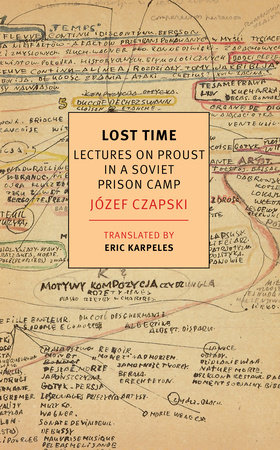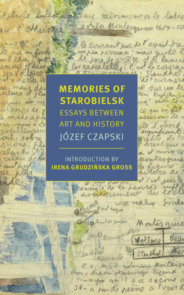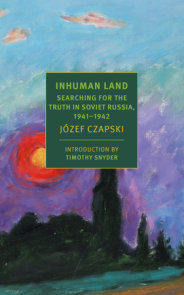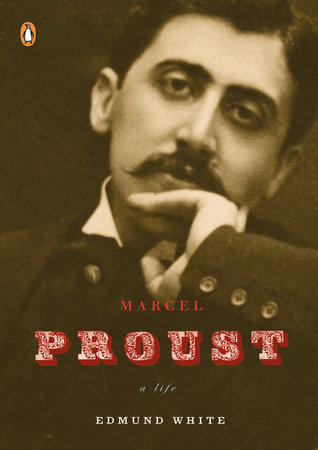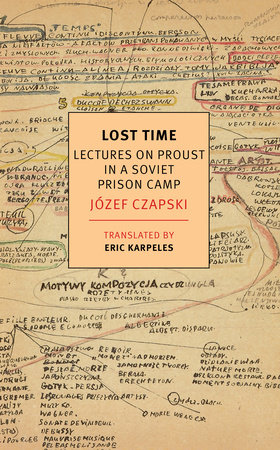

Lost Time
By Jozef Czapski
Introduction by Eric Karpeles
Translated by Eric Karpeles
By Jozef Czapski
Introduction by Eric Karpeles
Translated by Eric Karpeles
By Jozef Czapski
Introduction by Eric Karpeles
Translated by Eric Karpeles
By Jozef Czapski
Introduction by Eric Karpeles
Translated by Eric Karpeles
Category: Literary Criticism | Essays & Literary Collections
Category: Literary Criticism | Essays & Literary Collections

-
$16.95
Nov 06, 2018 | ISBN 9781681372587
-
Nov 06, 2018 | ISBN 9781681372594
YOU MAY ALSO LIKE
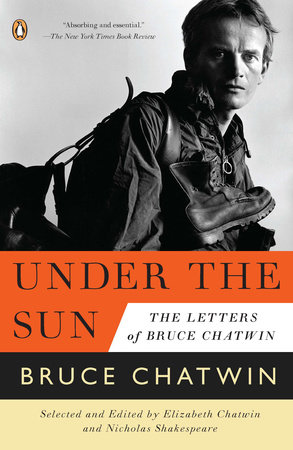
Under the Sun
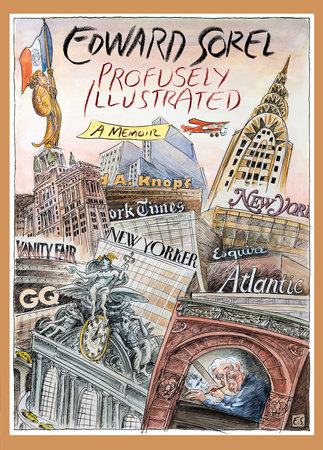
Profusely Illustrated
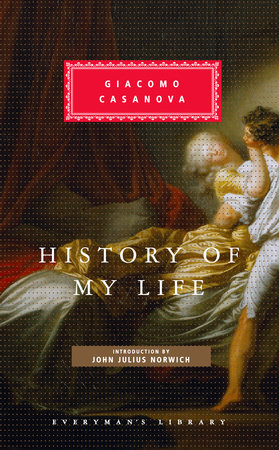
History of My Life
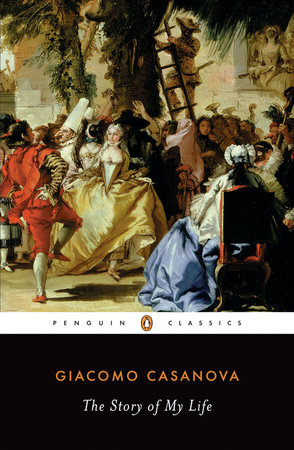
The Story of My Life
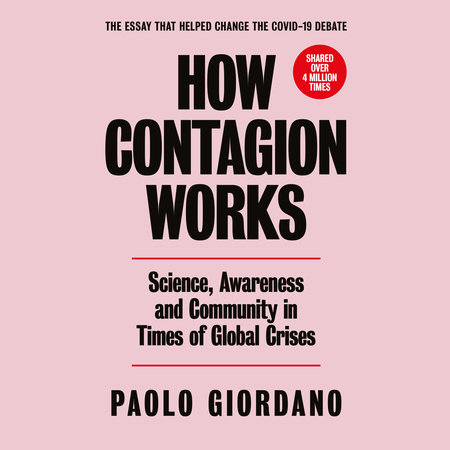
How Contagion Works
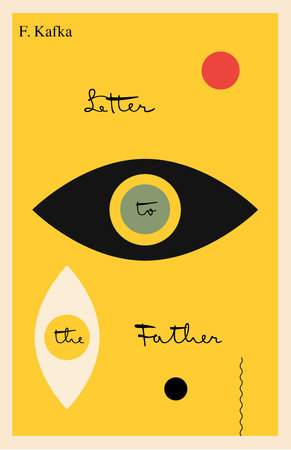
Letter to the Father/Brief an den Vater
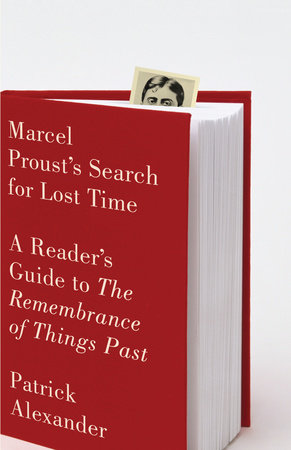
Marcel Proust’s Search for Lost Time
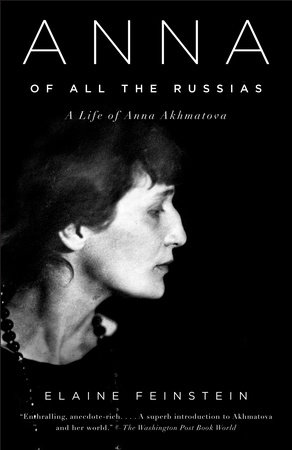
Anna of All the Russias
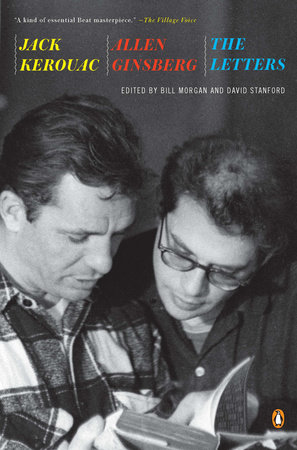
Jack Kerouac and Allen Ginsberg
Praise
“. . . an astonishing read. . . they deliver the pleasure of witnessing Czapski. . . delivering erudite talks that not only recall entire sections of Proust’s novel by heart but also provide valuable insights into what makes the 4,215-page work a territory so many of us continue to visit so frequently and with so much reverence.” —Liel Leibovitz, Tablet Magazine
“This gentle, tenacious, adamantine figure has been far too little known in the West—until now. New York Review Books recently published a moving and strikingly original biography by Eric Karpeles, Almost Nothing: The 20th-Century Art and Life of Józef Czapski; a new translation by Antonia Lloyd-Jones of Inhuman Land: Searching for the Truth in Soviet Russia, 1941-42; and Mr. Karpeles’s translation of Czapski’s Lost Time: Lectures on Proust in a Soviet Prison Camp. Together these books document Czapski’s physical and spiritual survival during a nightmare era, but, more than that, they re-create an overlooked life, one marked by an exemplary measure of modesty, moral clarity and artistic richness. Moreover, Mr. Karpeles, a California-based painter and art critic, has ignited international interest in Czapski’s artwork.” —Cynthia Haven, The Wall Street Journal
“Lost Time is one of the most remarkable and inspiring texts to have emerged from the experience of surviving and resisting 20th-century barbaris.” —John Gray, New Statesman
“The Polish painter and writer Józef Czapski lived through almost the entire twentieth century as an exception to the rule. A pacifist who became a Polish army officer being deported to a Soviet prison camp in 1939, he was one of very few to survive the Katyn massacre perpetrated by Stalin’s secret police the following year….He was both a patriot and a European in the deepest sense, with friends and family connections across the continent. In this year’s centenary of independence regained, a new generation of Poles in a country at the crossroads must decide whether Czapski’s vision will also be theirs.” —Stanley Bill, Times Literary Supplement
“To think of these radiant, incisive reflections delivered in the stinking cold of a Soviet prisoner-of-war mess hall beggars imagination. A remnant of the Polish officer class done to death en mass by Stalin, Czapski was—without benefit of books or notes—among the greatest Proustians. Long may his name live.” —Benjamin Taylor
“Czapski sometimes speaks of himself—but always in terms of the ceaseless battle he wages for clear vision, for full use of his gifts, the battle to imbue his life with maximal meaning.” —Adam Zagajewski
21 Books You’ve Been Meaning to Read
Just for joining you’ll get personalized recommendations on your dashboard daily and features only for members.
Find Out More Join Now Sign In








